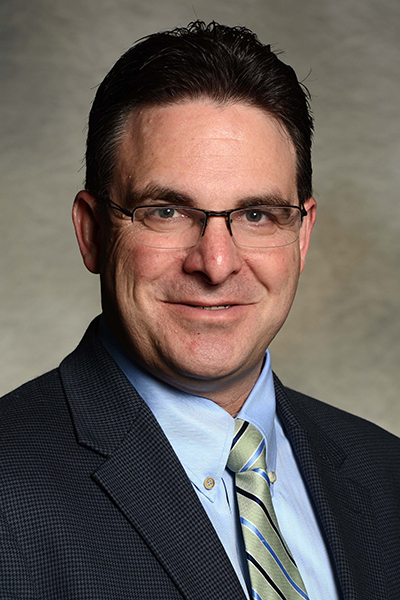
Sepsis is the single most common cause of in-hospital mortality in the US as well as an important driver in the morbidity and mortality associated with COVID-19. Advances in the recognition and treatment of sepsis are quickly outpacing medical education.
“We are making important advances in terms of understanding the ways we treat patients with sepsis,” said Matthew Churpek, MD, MPH, PhD, associate professor of pulmonary and critical care medicine at the University of Wisconsin School of Medicine and Public Health. “Discussing the new practicalities of dealing with sepsis today is in the forefront of our minds as we all search for ways we can better care for patients with COVID-19.”
Dr. Churpek will open a panel discussion on Sepsis: Most Recent Advances on Monday, October 19, from 1:45 pm to 2:45 pm CT. The session will be available for on-demand viewing 24 hours later on the virtual CHEST 2020 meeting platform through January 18. Presenters will explore the often unrecognized role of artificial intelligence (AI) and machine learning at the bedside in recognizing sepsis, biomarkers, and biosensors to assist presymptomatic diagnosis, the latest data on proposed novel treatments, and the continuing controversies surrounding early fluids and early vasopressors.

“We will all have additional information with regard to ongoing programs to recognize and treat sepsis,” said Ivor S. Douglas, MD, professor and chief of pulmonary sciences and critical care at the University of Colorado School of Medicine and medicine director, medical intensive care, at Denver Health Medical Center.
“When it comes to COVID, understanding and optimizing the treatment of sepsis is at least as important as using any of the new agents that we hear so much about,” Dr. Douglas continued. “The focus here is how we can be more rational in our approach to sepsis and ways to create a more personalized approach to optimizing sepsis treatment. We really want to focus on gravely ill patients and on identifying patients early who have a significant risk of illness.”
Clinicians may not realize that AI has already made progress when it comes to recognizing and dealing with sepsis, Dr. Churpek added. Just as Siri, Alexa, and AI-powered mapping apps have become an accepted part of daily life for many, similar technologies are moving from research to practical application at the bedside in sepsis and improving patient outcomes.
Research is also identifying and characterizing a growing constellation of subsets of the condition broadly recognized as sepsis.
“We are a decade behind cancer in terms of identifying clinically relevant subtypes of patients with sepsis,” Dr. Churpek said. “Multiple research groups are identifying what we think are important subtypes that hopefully will lead to personalized care for sepsis.”
Multiple agents have been as potential treatments for sepsis, including hydrocortisone, Vitamin C, and thiamine. Expect the latest data on these and other agents that have shown promise in early trials.
“Sepsis has a huge impact on patients,” Dr. Douglas said. “This session brings together basic science, translational science, and clinical implementation science to improve patient care. This is new information that you can apply immediately, today, to your own patients.”
Also in this session, Steven Simpson, MD, FCCP, will present “Presymptomatic Diagnosis: Biomarkers and Biosensors,” and Jonathan Sevransky, MD, FCCP, will present “Hydrocortisone, Vitamin C, and Thiamine: Are We There Yet?”





